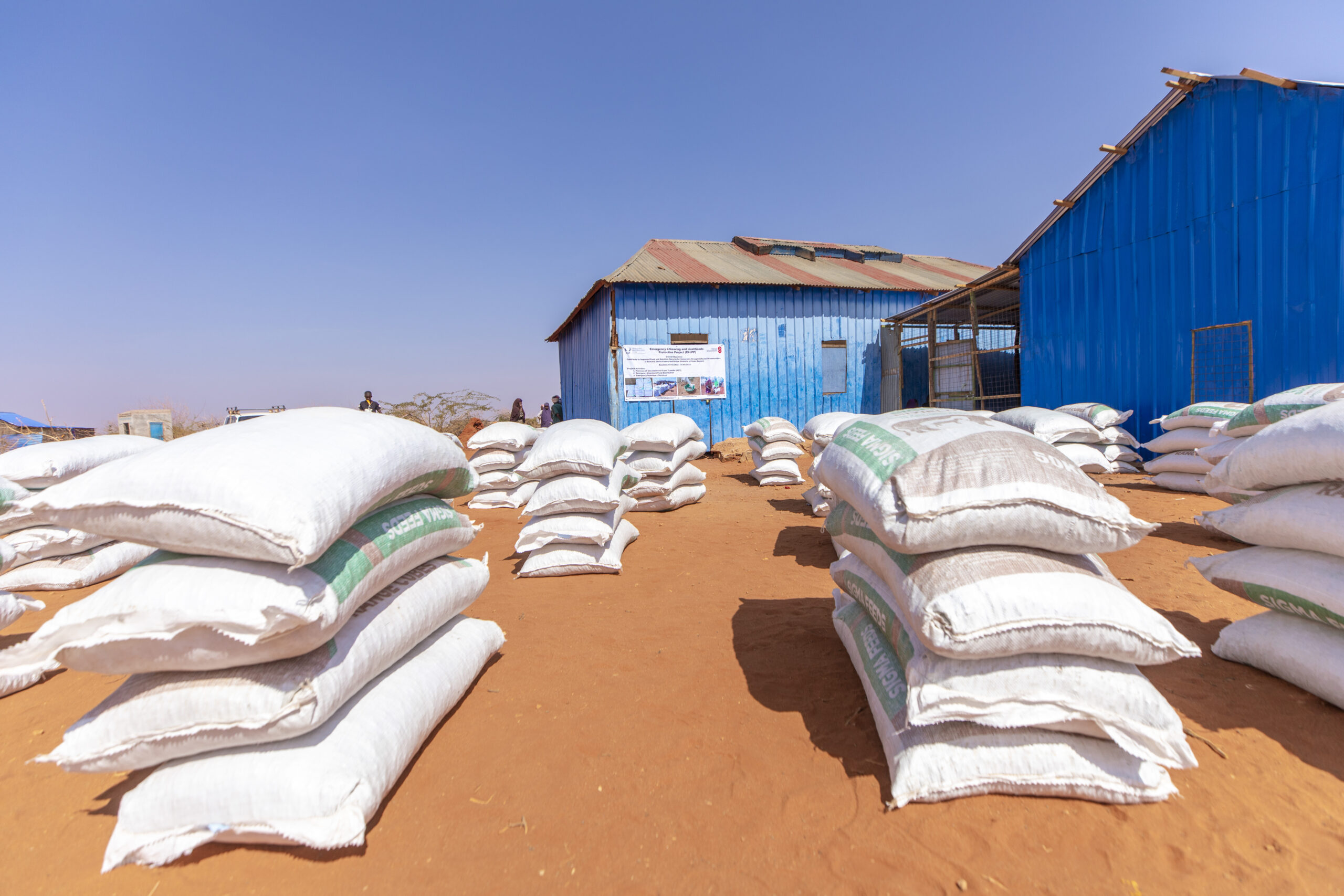Our expertise
Strategic goals and approaches
VSF-Suisse pursues the following three strategic goals with its activities:
- Improved and efficient health services for humans and animals in underserved communities
- Improved smallholder and livestock production systems and natural resource management
- More inclusive and improved market systems with trained market actors and service providers
To achieve these goals, VSF-Suisse uses three thematic and three transversal approaches. All objectives and approaches and their interconnections are illustrated in the Theory of Change on the right. The individual approaches are explained below.
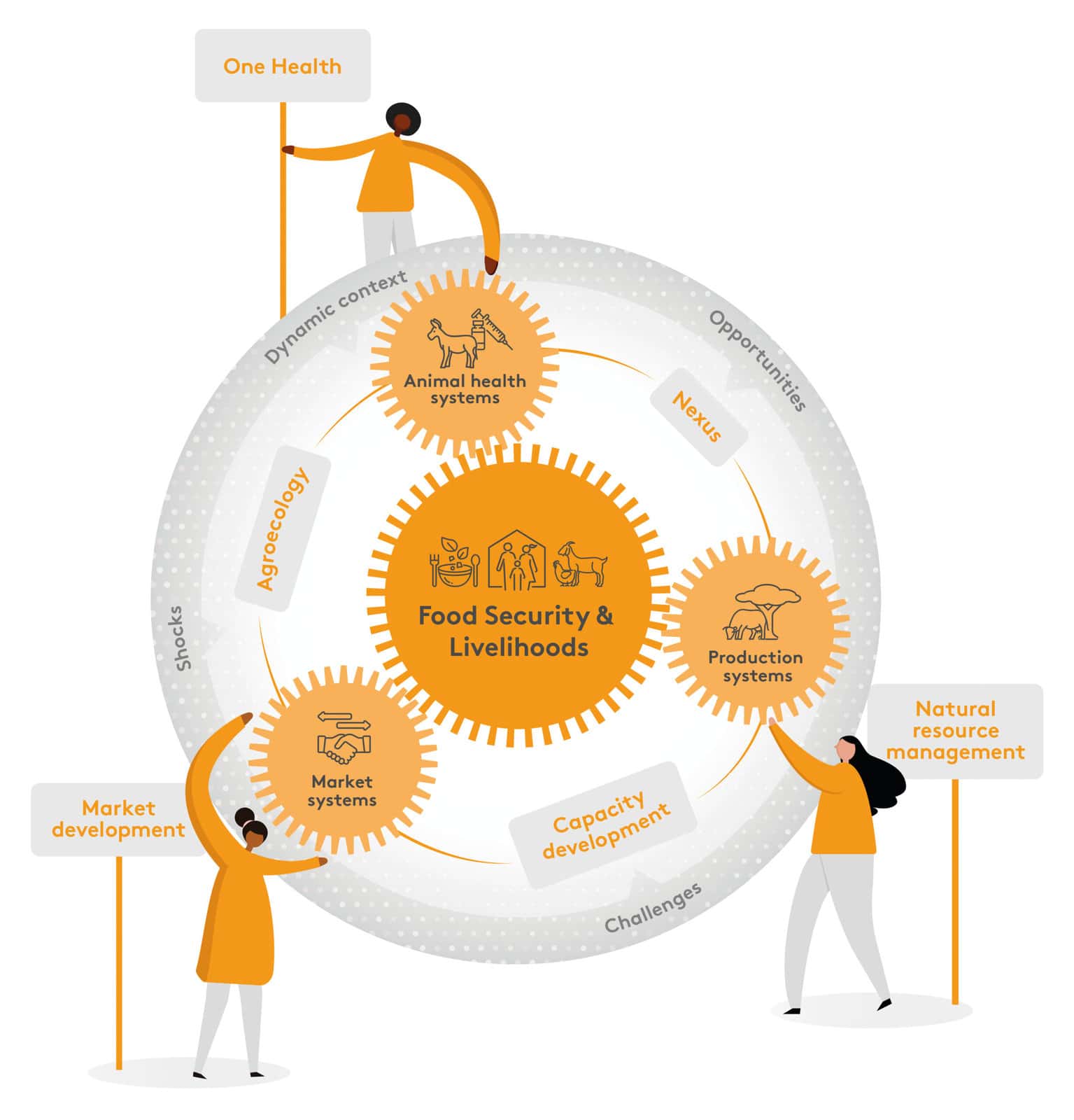
Thematic approaches
One Health
One Health is an inclusive approach that seeks to optimize the well-being of people, animals, and ecosystems by recognizing their interconnectedness. It is one of VSF-Suisse’s key principles – reflected in our slogan “Healthy Animals – Healthy People – Healthy Environment”.
These three components cannot stand alone and need an integrated approach. Only a healthy environment can ensure healthy animals and people. After decades of these three sectors working separately, facilitation to jointly define outcomes and approaches is needed. This generates benefits that are not otherwise possible, including earlier detection of health events resulting from improved communication between sectors, providing cost-sharing schemes, and better adaptation to service needs of rural communities leading to increased access and use of services.
Together with key stakeholders VSF-Suisse defines One Health approaches carried by multiple health sectors, and implements, evaluates and proposes policy reforms for proven successful new models for control of zoonoses and strengthening health services in underserved rural areas.
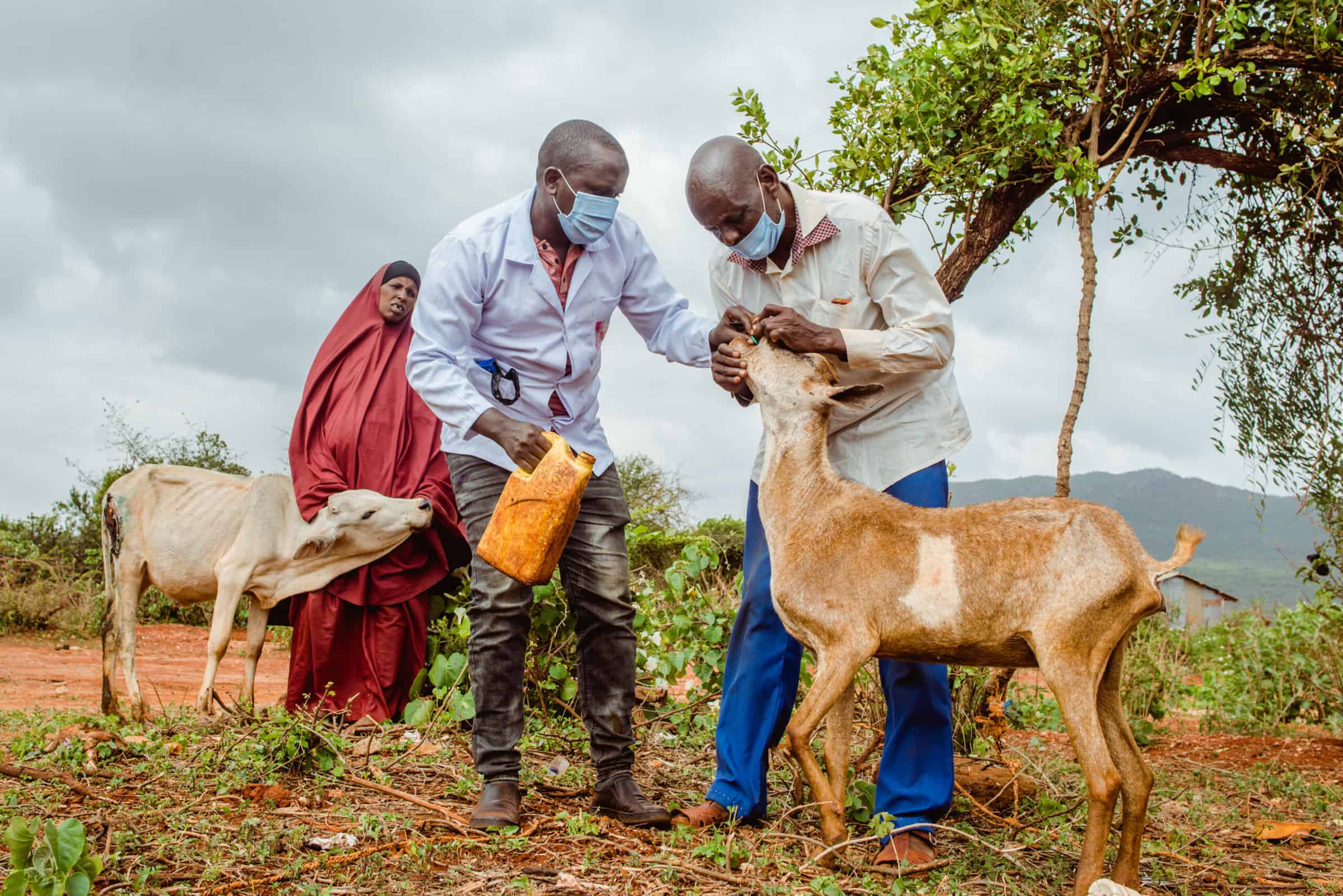
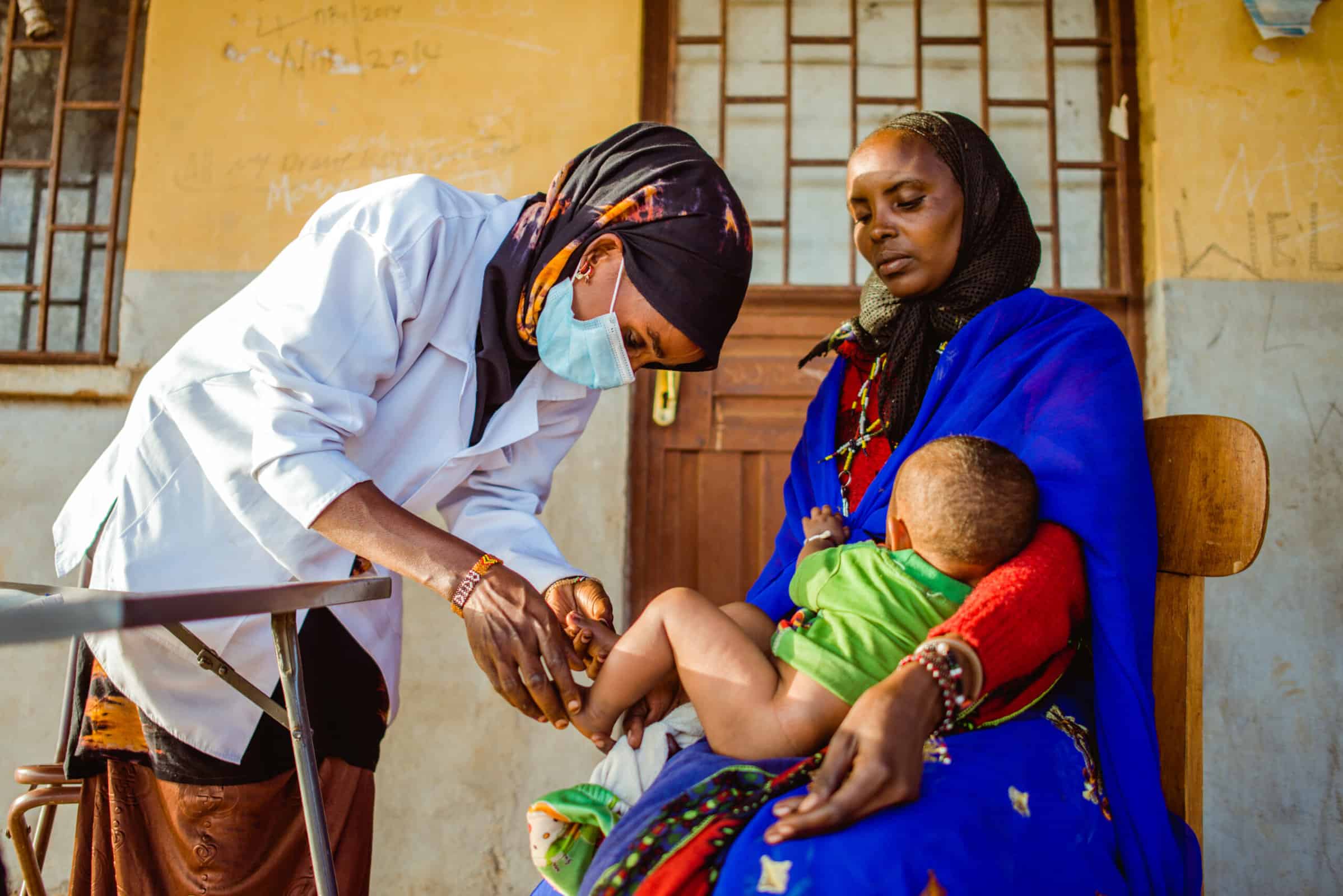
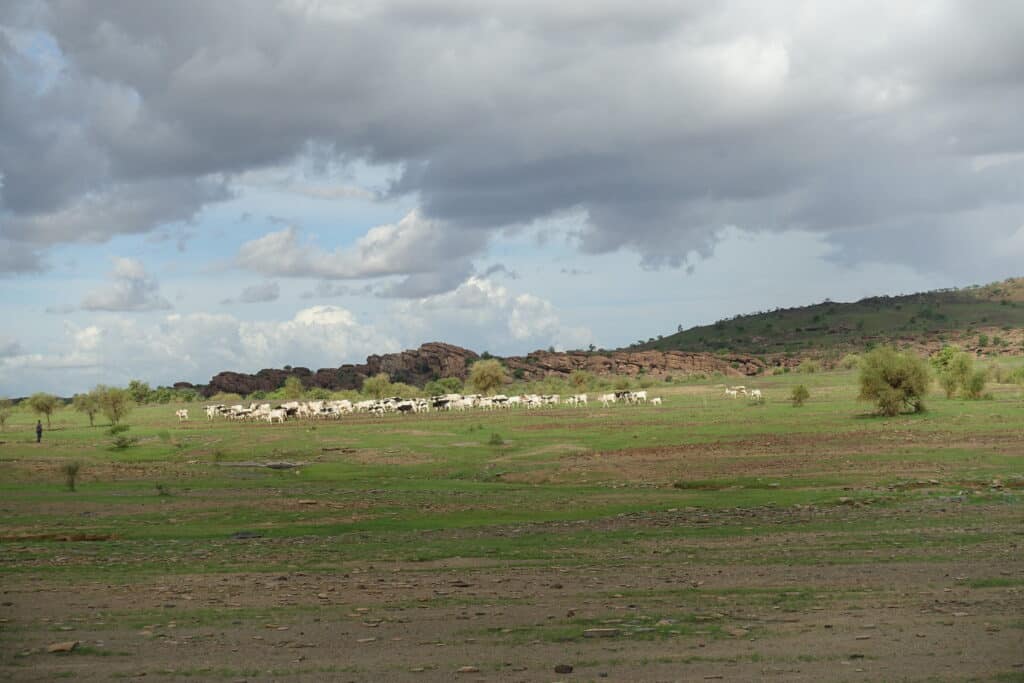
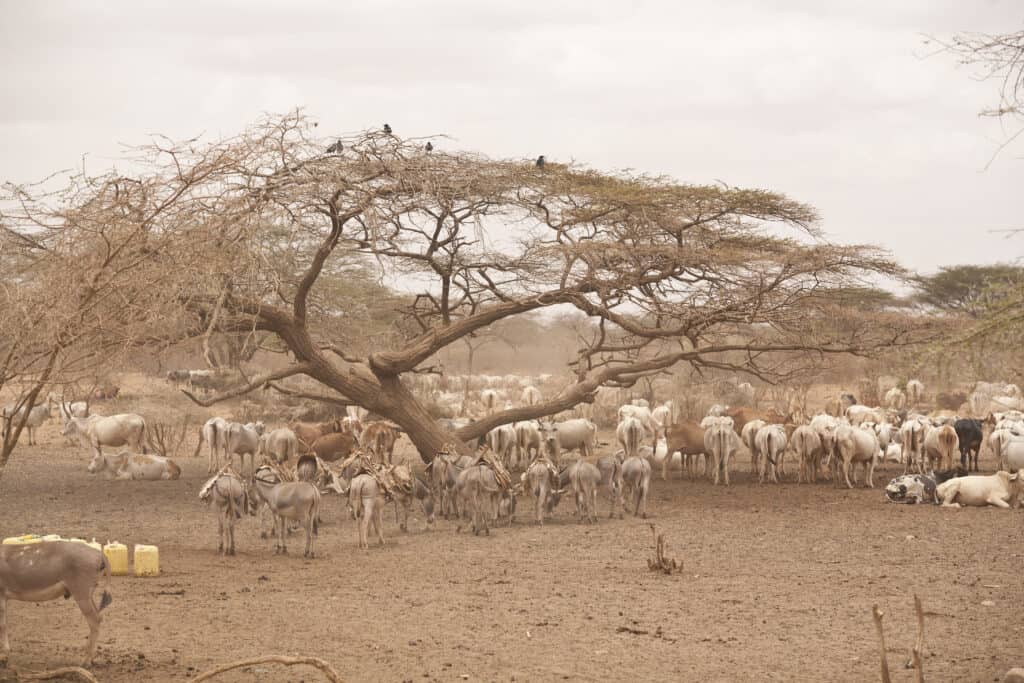
Integrated Natural Resource Management
In VSF-Suisse’s pastoral and agro-pastoral zones of operation, millions of people face the effects of land degradation which threaten their livelihoods: declining crop yields and pasture resources, poor water quality, and worsening soil erosion.
Natural resource management (NRM) has a long history in the Sahelian dry grasslands. It primarily aims at improving livelihoods, agro-ecosystem resilience, agricultural productivity and environmental services. In its programmes in smallholder and livestock production systems, VSF-Suisse adopts principles of integrated natural resource management:
- Understanding access to natural resources and land regimes
- Participation in setting the objectives of NRM
- An ecosystems approach, for example recognizing the interconnectedness of drylands and water resources
- Multisectoral inclusion at local, sub-national and national levels
- Dialogue and consensus-building among actors enabling the formalization of agreements and enforcement mechanisms for existing laws and policies.
- Mutual learning and capacity development are overarching activities that support local organisations in adaptive management and enable technological and policy innovations in NRM.
Market Systems Development
Market Systems Development (MSD) approaches, also known as Markets for the Poor or Inclusive Market Development, are more systemic than classical value chain approaches.
They consider market “core functions” (e.g. organising supply and demand) while strengthening supporting services such as providing inputs to producers and defining the regulatory framework.
MSD approaches in the livestock sector are needed since producers often struggle with access to markets and hence economic potential (jobs, income) cannot be unlocked. VSF-Suisse takes stock of MSD approaches by working through farmers organisations and with systemic partners (such as Ministries for norm-setting, or unions for input provision to farmers).
The MSD approach is implemented in different sectors: from cattle and small ruminants to non-timber forest products (e.g. shea, honey). VSF-Suisse combines the advantages of MSD approaches with the strengths of other approaches such as NRM and organisational development of Farmers’ Organisations to avoid neglecting social and environmental criteria.
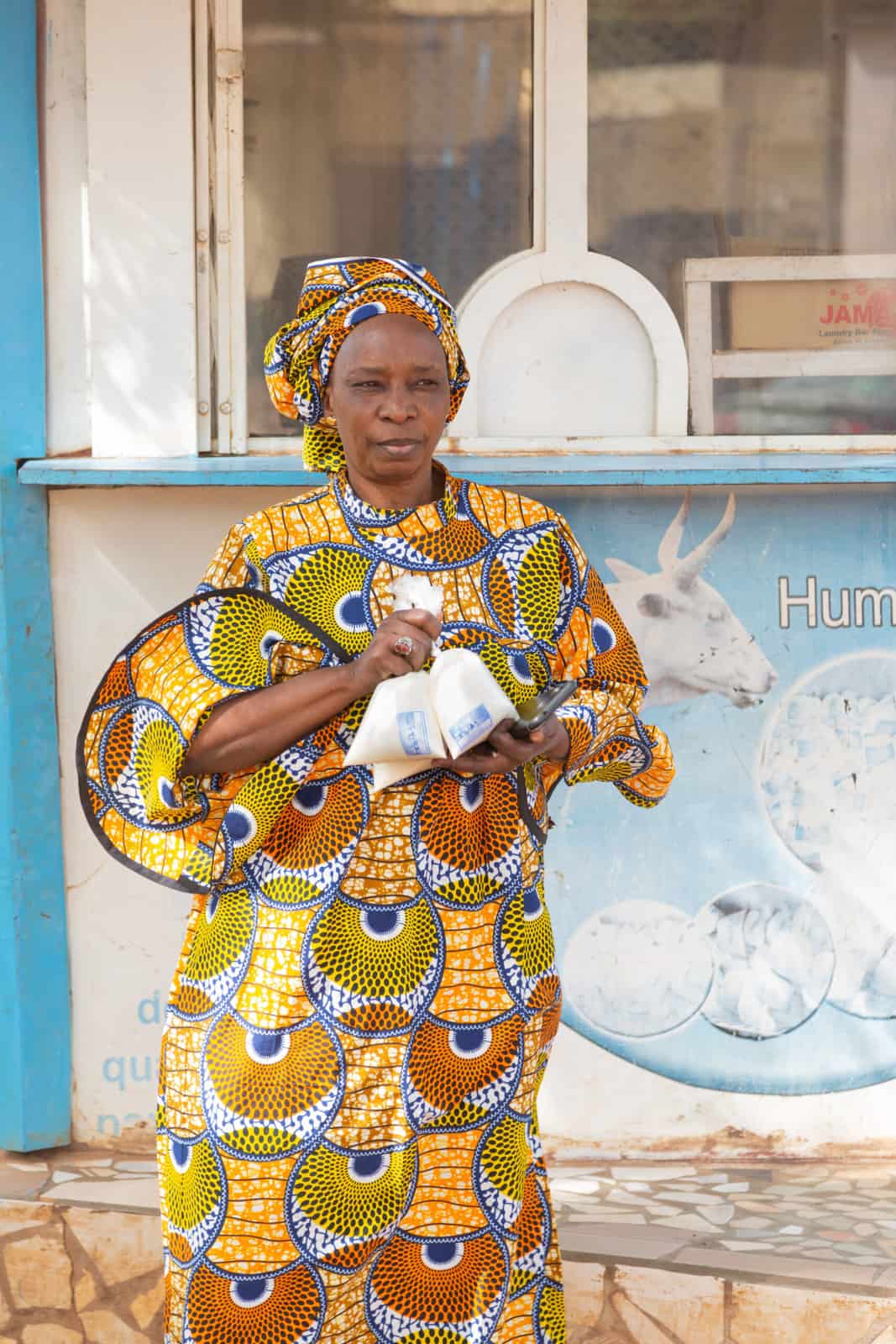
Transversal approaches
Agroecology
VSF-Suisse adopts a livestock-focused agroecological approach to enhance sustainable production and food systems. A recent review on agroecological principles towards sustainable food systems complements FAO’s 10 elements by refining the soil, animal health and diversification elements. The resulting agroecological principles are the following:
- Recycling
- Input reduction
- Soil health
- Animal health
- Biodiversity
- Synergy
- Economic diversification
- Co-creation of knowledge
- Social values and diets
- Fairness
- Connectivity
- Land and natural resource governance
- Participation
VSF-Suisse especially subscribes to the solidarity dimensions of agroecology.
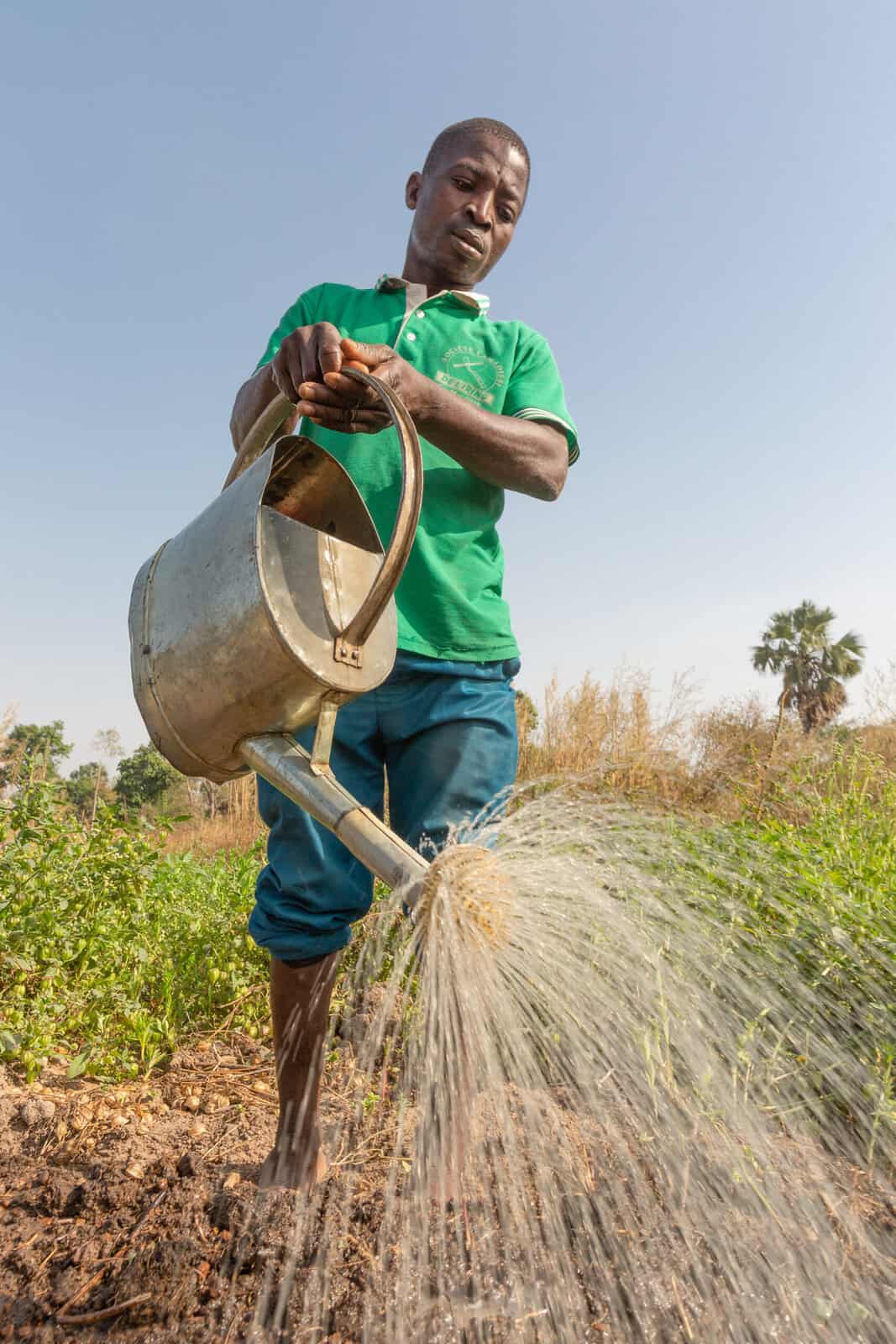
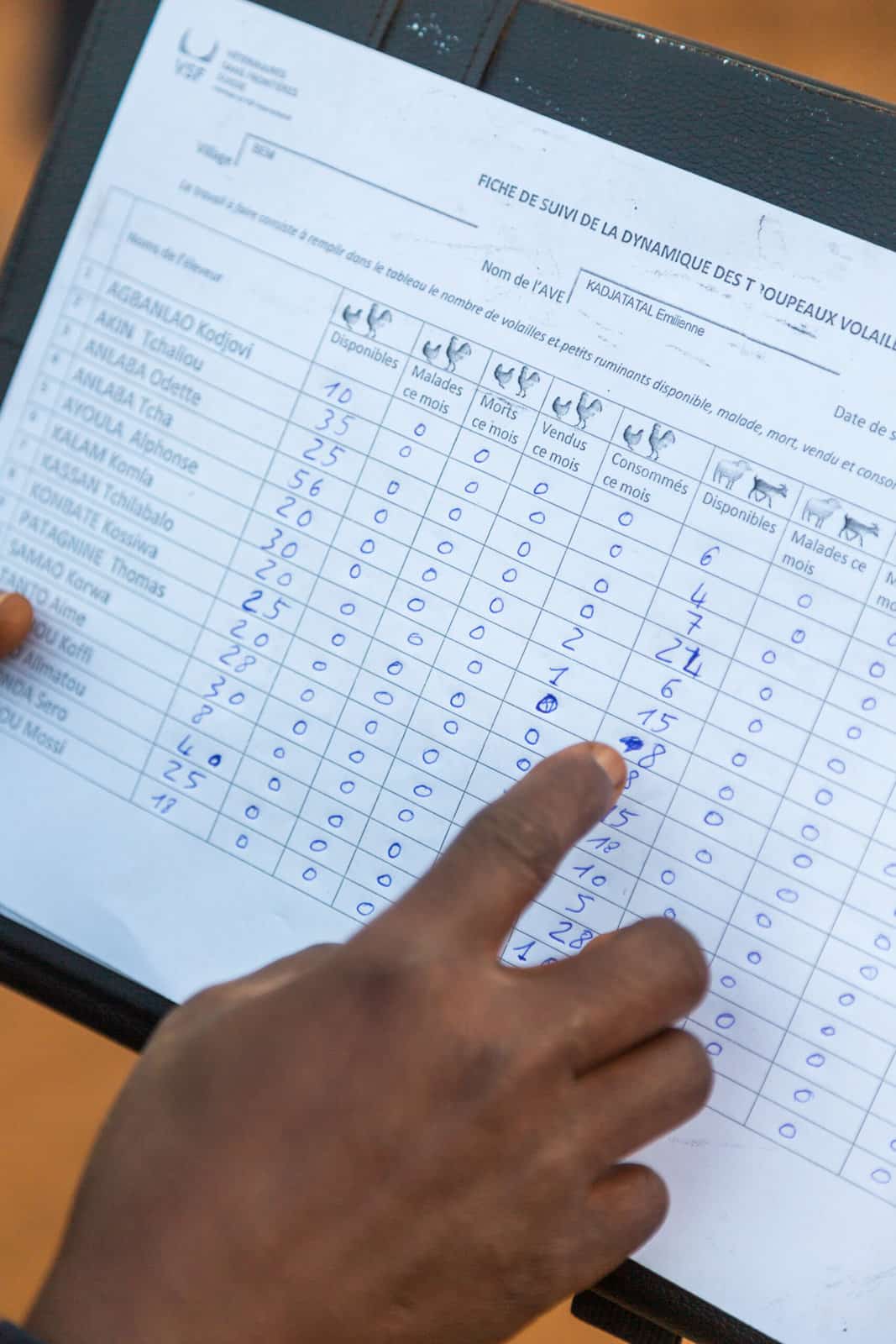
Capacity development
VSF-Suisse’s approach aims to secure and develop the asset base of the communities we work with, including human, financial and social capital. Capacity development to empower project participants is essential. Efforts concentrate on two dimensions:
The strengthening of interrelated capabilities i.e. economic, human, political, socio-cultural and the strengthening of protective capabilities.
- Economic capabilities refer to a community’s capacity to invest in income generating activities
- Human capabilities refer to literacy for achieving changes
- Political capabilities are reflected in local political organisations such as unions and cooperatives which advocate for change
- Socio-cultural capabilities are the networks and traditions of communities to achieve change together
- Protective capabilities are the community’s ability to protect the most vulnerable (e.g. pastoral dropouts)
At individual level, VSF-Suisse focuses on training farmers and livestock keepers in agricultural techniques, in business administration and other areas affecting their livelihood outcomes.
At organisational level the focus is on strengthening agricultural organisations and cooperatives.
At systems level VSF-Suisse emphasises advocacy strengthening (e.g. in market systems by strengthening milk unions’ advocacy capacity) and peasant rights.
Triple Nexus
VSF-Suisse is active in regions with protracted conflict or recurrent natural disasters, with significant Internally Displaced People (IDP) populations, insecure tenure or other situations marked by violence and discrimination. In these contexts, a Triple Nexus approach makes sense.
Triple Nexus combines humanitarian aid, development cooperation and peace-building initiatives. In large parts of the Greater Horn of Africa and the Sahel countries in West Africa, VSF-Suisse integrates humanitarian aid and development activities (Double Nexus), engages in conflict sensitive programme management and in promoting the peaceful use of natural resources such as rangelands. An important reference is the OECD DAC-recommendation “prevention always, development wherever possible and humanitarian action when necessary”.
